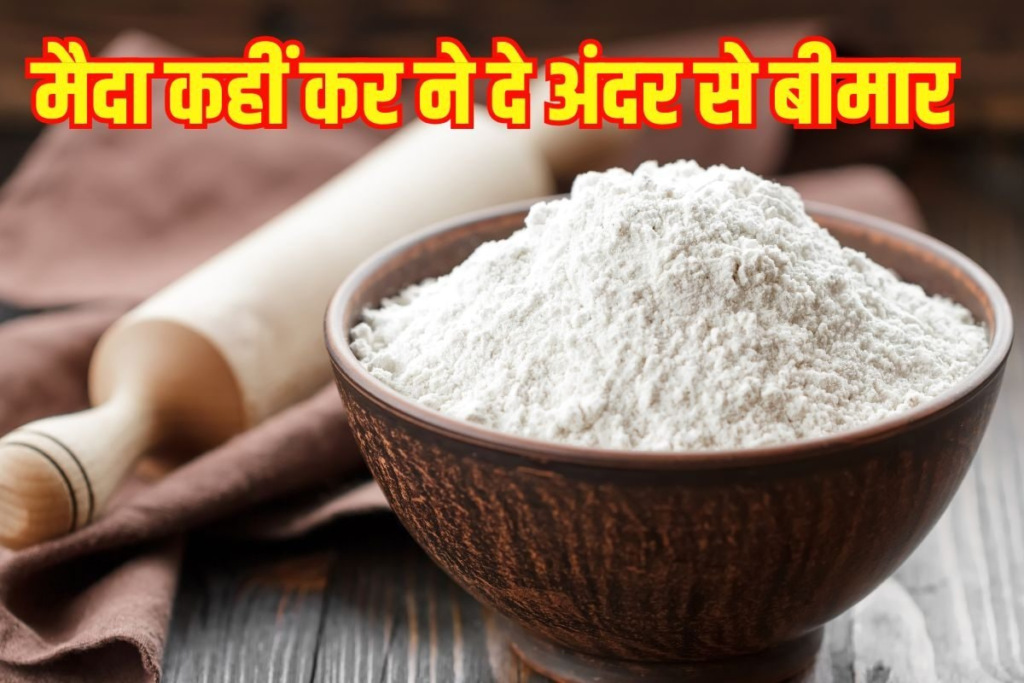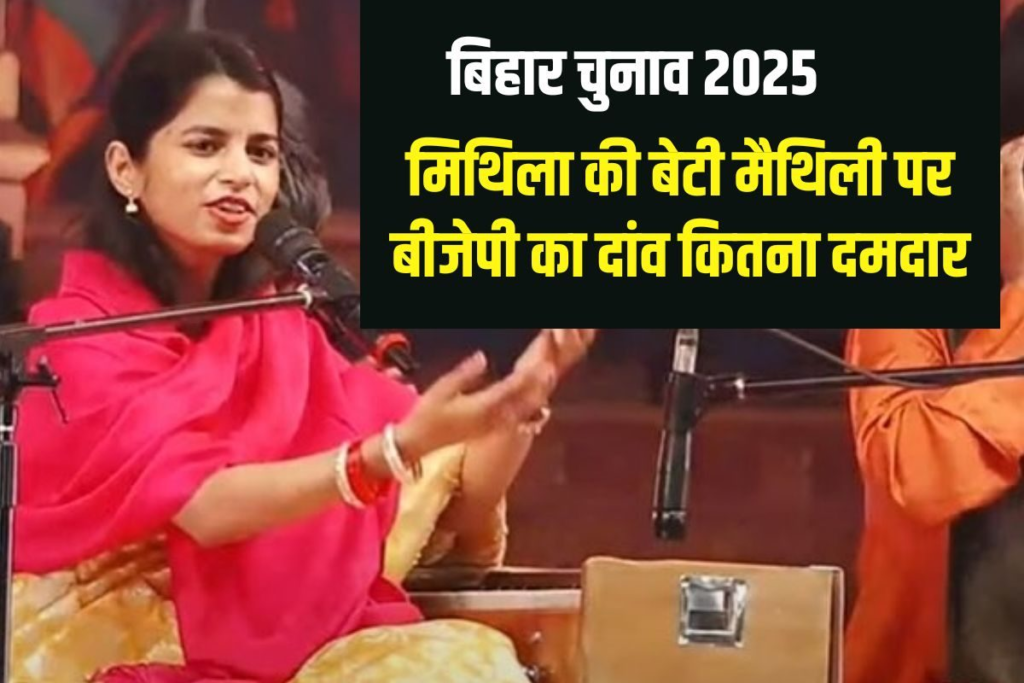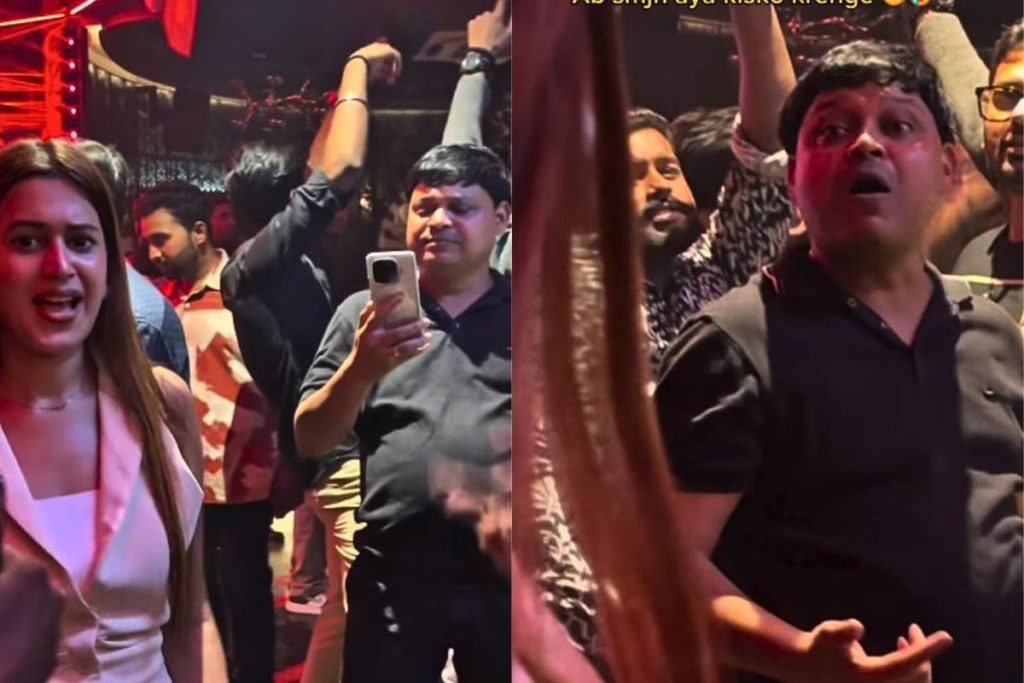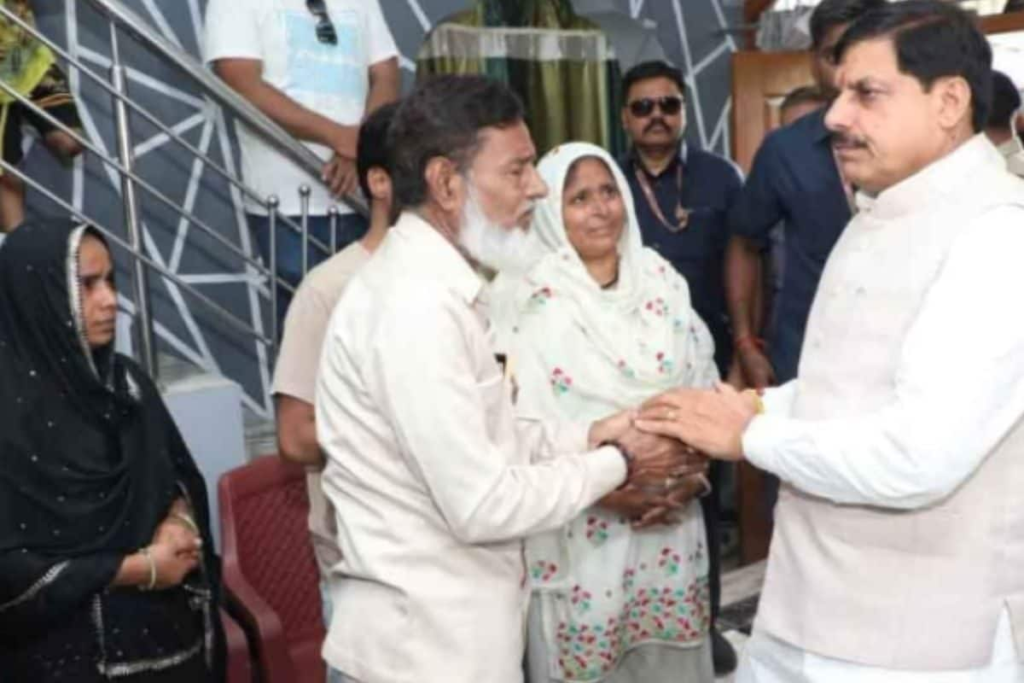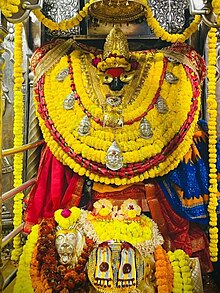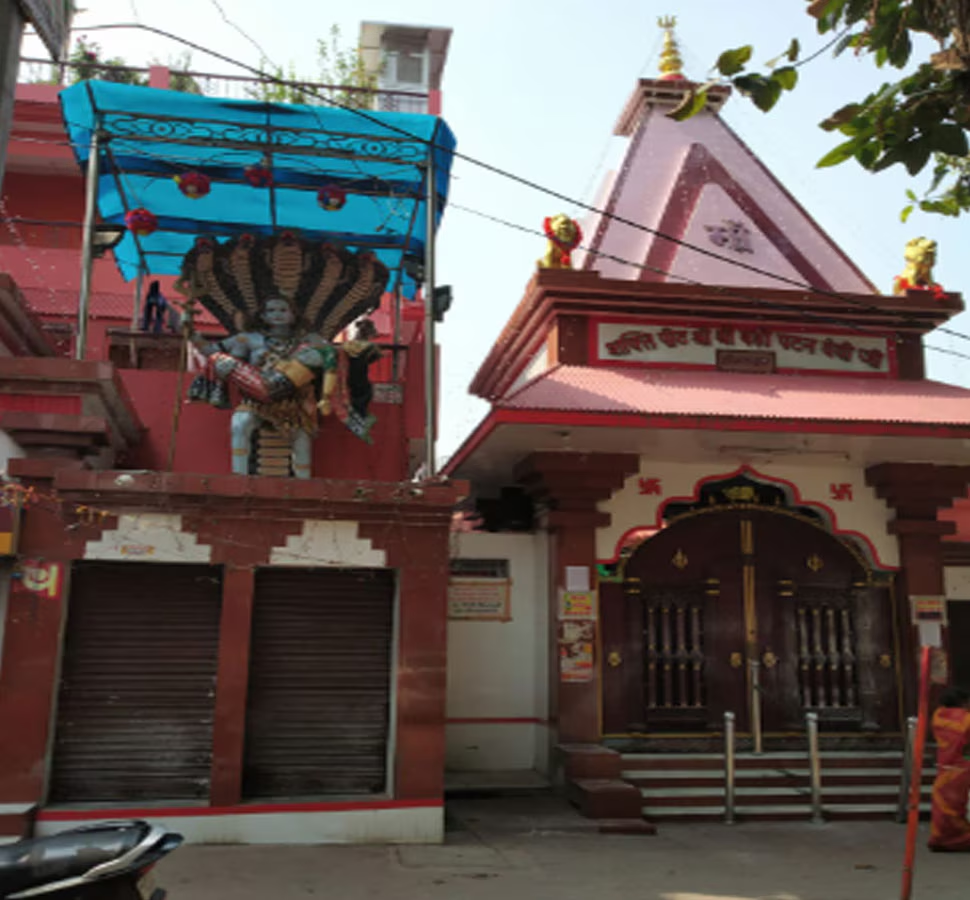Festivals of Faith: A Deep Dive into Hindu Celebrations
[ad_1]
Hinduism, one of the world’s oldest religions, is not only a faith but a vibrant tapestry of traditions, rituals, and celebrations that express its rich cultural heritage. Central to Hindu belief is the importance of festivals, which serve as communal gatherings that reinforce spiritual ideals, cultural identity, and social bonds. This article explores some of the most significant Hindu festivals, delving into their origins, rituals, and the deep-seated meanings that continue to shape the lives of millions.
The Calendar of Celebrations
Hindu festivals are celebrated based on a lunar calendar with a plethora of observances throughout the year. Each festival has its unique significance, often linked to ancient myths, agricultural cycles, or historical events. Some festivals are pan-Indian in nature, while others may be regional or community-specific. Here are a few prominent festivals that showcase the diversity of Hindu celebrations.
Diwali: The Festival of Lights
Perhaps the most recognized Hindu festival globally, Diwali marks the triumph of light over darkness and good over evil. Celebrated over five days, the festival typically occurs in October or November. The festival’s origins are traced back to Lord Rama’s return to Ayodhya after defeating the demon king Ravana, as detailed in the epic Ramayana.
During Diwali, homes are decorated with oil lamps (diyas), candles, and vibrant rangolis (colorful designs made on the ground), symbolizing the welcoming of Lakshmi, the goddess of wealth and prosperity. Fireworks, sweets, and the exchange of gifts add to the festive spirit, promoting a sense of community and celebration.
Holi: The Festival of Colors
Holi, known as the festival of colors, celebrates the arrival of spring and the victory of love and devotion over hatred. Usually celebrated in March, the festivities begin with Holika Dahan, a ritualistic bonfire on the eve of Holi, symbolizing the defeat of evil.
The following day is marked by exuberant color play, where people throw colored powders (gulal) and water at each other, dance, sing, and enjoy festive foods. Holi is a joyous celebration that breaks social barriers, fostering unity as people of all ages and backgrounds come together in exuberance.
Navaratri/Dussehra: The Festival of the Goddess
Navaratri, meaning "nine nights," is a festival dedicated to the worship of goddess Durga and her nine forms. Celebrated in September or October, this festival is an opportunity for devotees to engage in fasting, prayer, and cultural performances, including traditional dance forms such as Garba and Dandiya.
The culmination of Navaratri is Dussehra, which symbolizes the victory of Lord Rama over Ravana. It is commemorated with the burning of effigies of Ravana, signifying the eradication of evil from the world.
Raksha Bandhan: A Celebration of Sibling Love
Raksha Bandhan, typically celebrated in August, honors the bond between brothers and sisters. Sisters tie a protective thread (rakhi) around their brothers’ wrists, signifying their love and the promise of protection. In return, brothers offer gifts and vow to safeguard their sisters. This festival highlights the familial bonds in Hindu culture and emphasizes the importance of responsibility and caring relationships.
Makar Sankranti: A Harvest Festival
Makar Sankranti is celebrated in mid-January, marking the transition of the sun into the zodiac sign of Capricorn. It is a harvest festival observed with various regional variations across India. People engage in kite flying, feast on traditional foods such as til (sesame seeds) and jaggery, and offer gratitude for a bountiful harvest. This festival symbolizes the importance of agriculture in the Hindu way of life and the cycles of nature.
The Role of Festivals in Society
Hindu festivals go beyond mere observance; they play a vital role in strengthening familial and social bonds, fostering community spirit, and preserving cultural traditions. They provide an avenue for self-expression and spirituality, helping individuals to reconnect with their roots. Moreover, these festivals attract tourism, contributing to regional economies and allowing for cultural exchange between communities.
Modern Adaptations
In contemporary society, the celebration of Hindu festivals has adapted to modern contexts. Urbanization and globalization have led to changes in how festivals are celebrated. While traditional customs remain prevalent, many festivals now embrace innovative elements such as virtual celebrations, eco-friendly practices, and intercultural festivities that promote inclusivity.
Conclusion
Hindu festivals are a reflection of the faith’s rich traditions, deep philosophy, and cultural diversity. Each celebration is a vivid portrayal of devotion, joy, and community spirit, uniting people in showcasing their shared values and beliefs. As we delve into these festivals, we gain not only insights into Hinduism but also an appreciation for the universal themes of love, hope, and renewal that resonate across cultures and religions. Through the vibrant celebrations of Hindu festivals, we are reminded that faith, at its core, is a celebration of life itself.
[ad_2]




